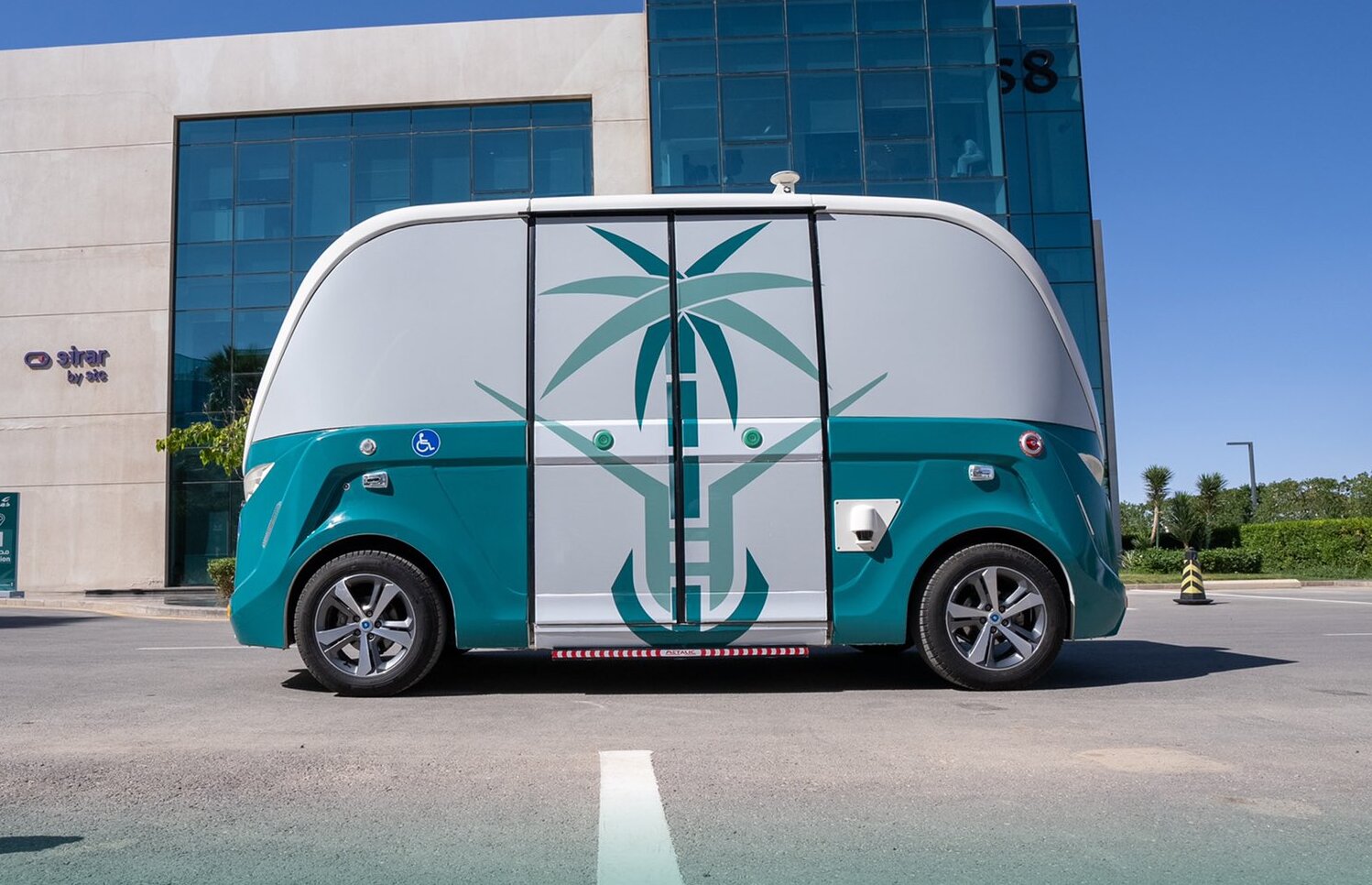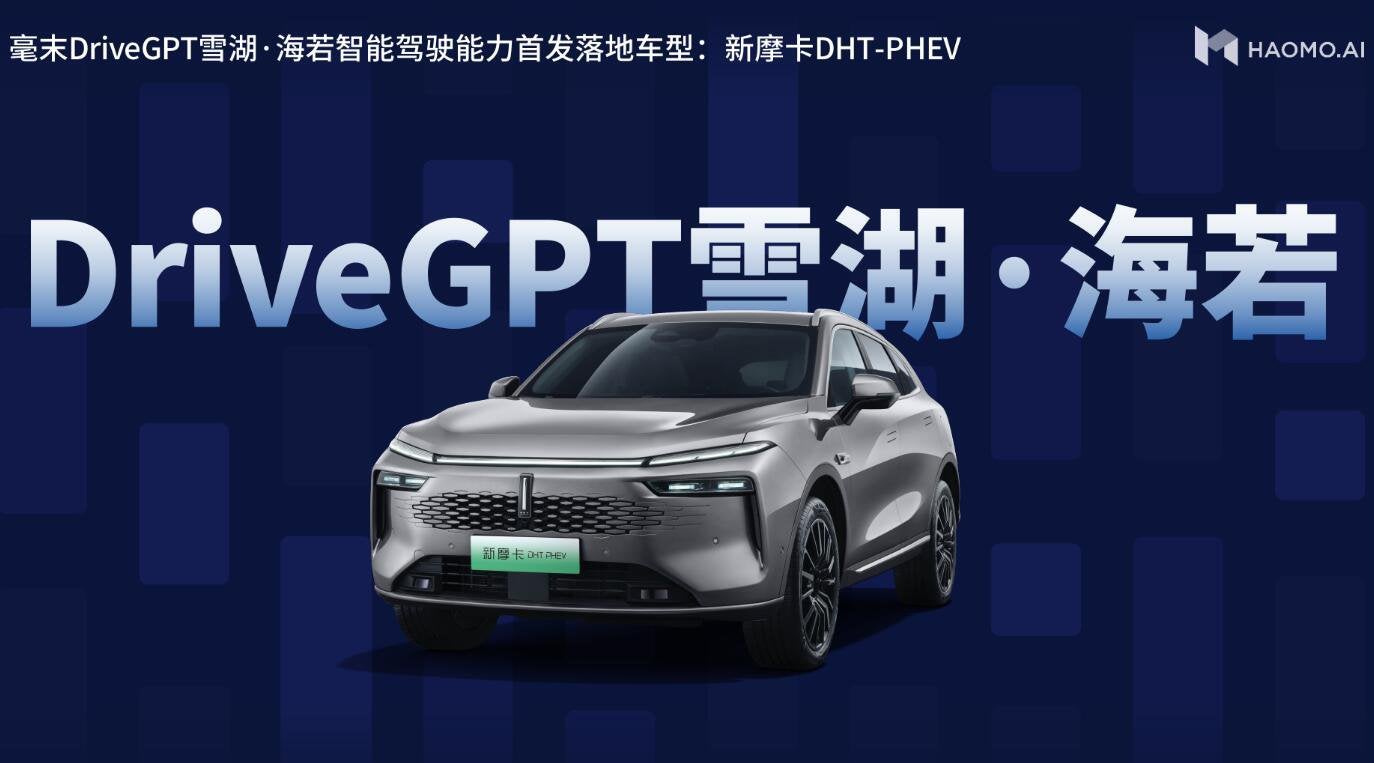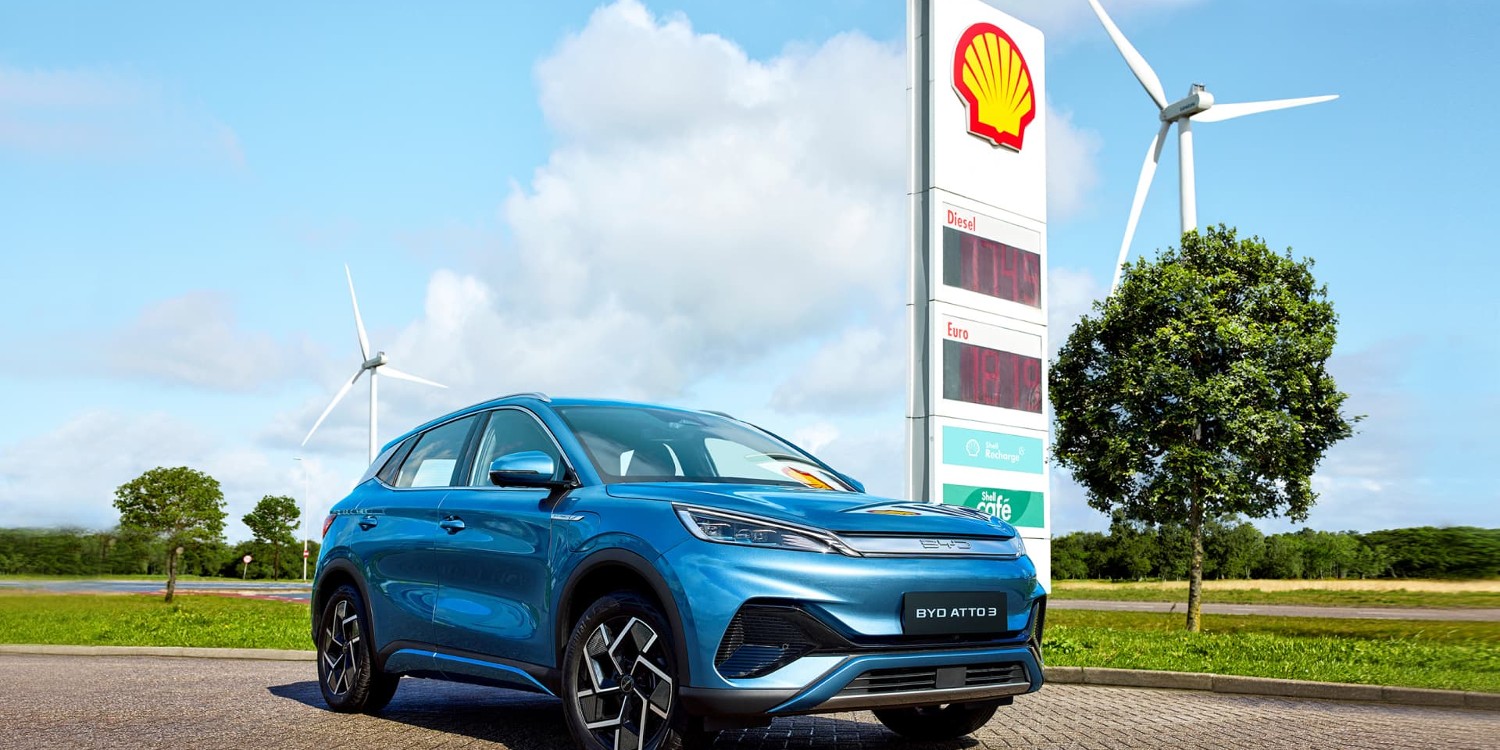As governments worldwide continue their efforts to reduce greenhouse gas emissions, Toyota and ExxonMobil have joined forces to develop a new fuel blend that could significantly cut emissions from combustion engines. The blend, which is still in the testing phase, has the potential to reduce lifetime emissions by up to 75%, according to the two companies.
Toyota, which has been skeptical of an all-electric approach, is now testing Exxon’s synthetic fuel blends that use existing feedstock and ethanol. The company claims that the fuel could be used in existing and older vehicles powered by internal combustion engines. Toyota also argues that electric vehicles (EVs) are not strictly zero-emissions vehicles due to the high carbon costs of producing them and the uncertainty of where the electricity powering them is coming from. Therefore, synthetic fuels should also be considered as a way to meaningfully reduce carbon emissions, it says.
ExxonMobil’s Vice President of Strategy and Planning, Andrew Madden, told Autonews that the company is making progress in developing the fuel blend. However, the implementation of this fuel blend will require support from government policies. “Having a solution for liquid fuels that we can use in the existing fleet, having it in the kind of policy construct where we allow the market to innovate, is the lowest cost way to decarbonize transportation,” Madden said.
The United States Environmental Protection Agency (EPA) has recently proposed emissions reductions, aiming to make two-thirds of new car sales electric by 2032. Although the EPA has not mandated EV sales, it is tightening emissions restrictions, making the timing of Toyota and Exxon’s collaboration meaningful. However, there are concerns about the environmental impact of e-fuels, with ethanol criticized for having a higher carbon footprint than fossil fuels due to the carbon cost of farming.
Despite this, Exxon and Toyota maintain that synthetic fuels could significantly lower transportation emissions if lifetime emissions are taken into account. Lower-carbon fuels are “quite important in achieving those greenhouse gas reductions quickly,” said Tom Stricker, Toyota’s VP of sustainability. Weaning existing internal combustion vehicles off fossil fuels will be an important step in decarbonizing the sector, he added.







